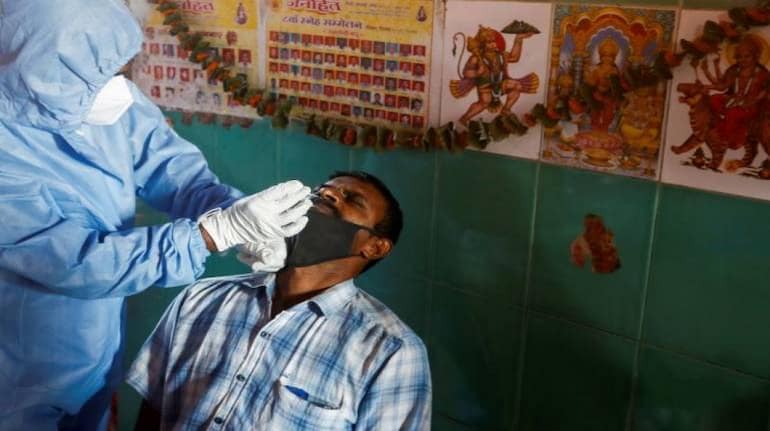



Delhi Health Minister Satyendar Jain on Wednesday said the national capital has not reported any case of Delta plus variant of COVID-19 so far, adding that there is no communication from the Centre to make any special arrangement to deal with it.
He said a genome sequencing lab to detect the variants of coronavirus will become operational at Lok Nayak Hospital within a week.
Another such lab is being created at the Institute of Liver and Biliary Sciences, he said.
Also Read: Explained | Why coronavirus’ Delta Plus variant is concerning
"There are several variants of coronavirus, but there are only two ways to protect yourself against it -- get vaccinated and use masks. There is no separate communication from the Centre to make special preparations for the Delta plus variant. Also, Delhi has not reported any such cases so far," Jain told reporters.
Follow our LIVE blog for latest updates of the novel coronavirus pandemic
He said the Delhi government is in the process of increasing hospital beds to accommodate 37,000 cases a day in case of a third wave.
The Delhi government has already installed 32 Pressure Swing Adsorption (PSA) oxygen generation plants with a total capacity of 29.77 metric tonnes (MT).
Three liquid medical oxygen storage tanks with a cumulative capacity of 171 MT have also been installed.
Jain also said the coronavirus situation is under control in Delhi, but appealed to people to continue observing Covid appropriate behaviour.
"The number of cases had reduced significantly in January and February too, and people let their guards down. The experience of the last one-and-a-half-year shows one has to remain vigilant all the time," he added.
Follow our full coverage of the coronavirus pandemic here.
Discover the latest Business News, Sensex, and Nifty updates. Obtain Personal Finance insights, tax queries, and expert opinions on Moneycontrol or download the Moneycontrol App to stay updated!
Find the best of Al News in one place, specially curated for you every weekend.
Stay on top of the latest tech trends and biggest startup news.